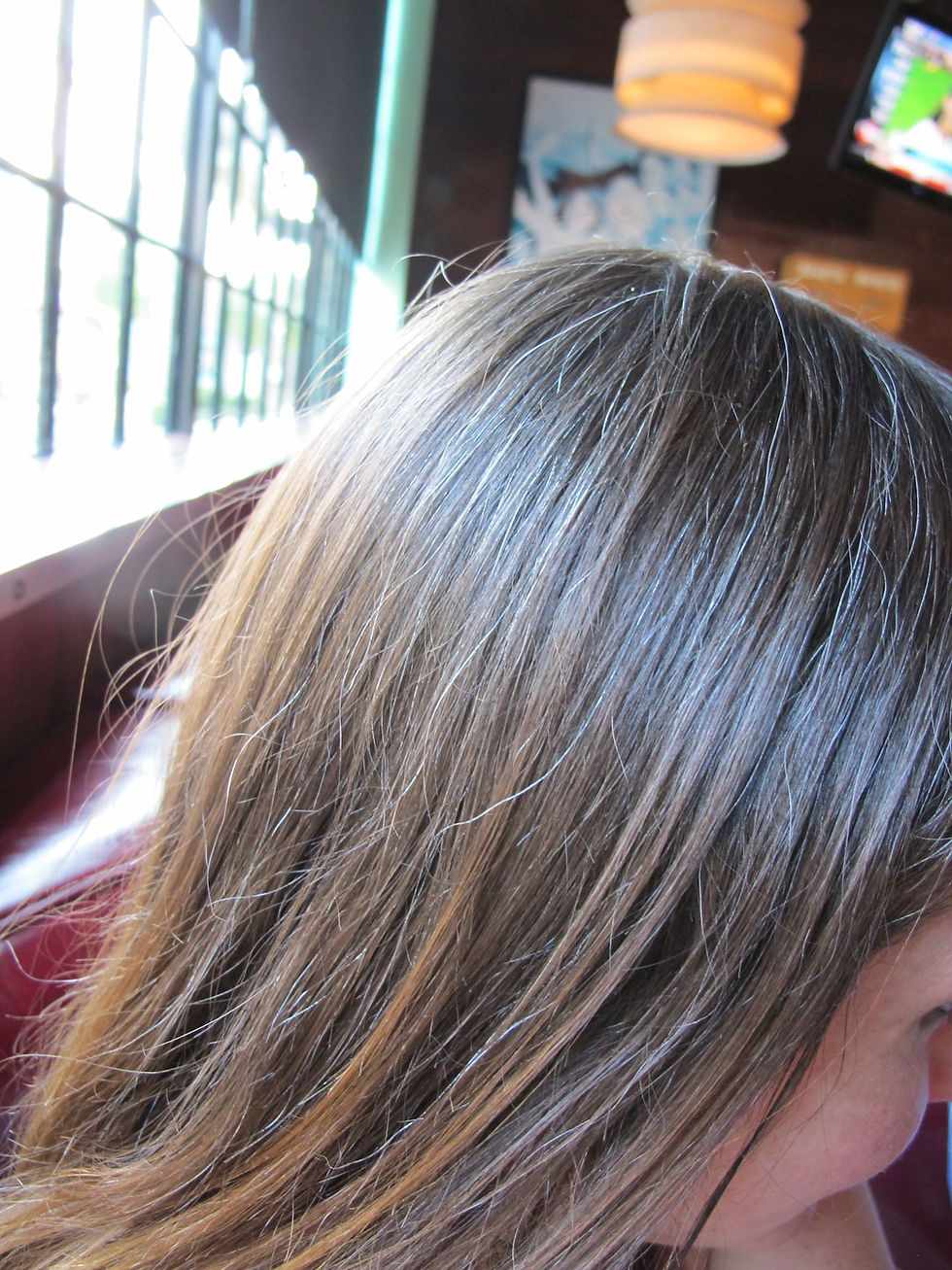The Sci-*hic*-ence of Hiccups
- Joanne Lee
- Oct 19, 2021
- 4 min read
By: Annie Hu
We all know that unmistakable feeling of a bad case of hiccups. For a few minutes, we have to deal with a constant loud interruption of our speech and the discomfort of relentless spasms that seem to attack us out of nowhere. You’ve probably heard of many tips to help get rid of the hiccups, such as drinking water, taking deep breaths… you know the lot. But why would these work? And why do we have hiccups in the first place?

Hiccups actually start in our diaphragm, which is a dome-shaped muscle located beneath our lungs. It assists with the process of breathing by contracting involuntarily to inflate and deflate the lungs when sucking in and releasing air. The diaphragm tightens and moves downwards to make room for air when you breathe in, and relaxes and contracts the lungs when you breathe out. Sometimes the diaphragm can spasm unexpectedly, causing a quick intake of air. That air can hit the voice box in your throat that creates noise, and end up causing a loud sound when the vocal cords close. That’s where we produce that sudden “hic” sound. After a few minutes hiccups normally go away as the diaphragm relaxes and stops spasming.
What irritates the diaphragm into spasming? It is not yet completely known what triggers hiccups, because it varies from person to person. There are some common actions, however, that can cause a case of hiccups. These include things like drinking soda, alcohol, eating a big meal, getting excited, and having temperature change suddenly. The stimulus from an irritated stomach or the throat may end up causing irritation in the diaphragm too. As well as this, there can be mental and emotional stimulus from the nerve connecting the brain to the diaphragm.
There are so many absurd tips you have probably heard regarding how to stop hiccups. Some of the more common ones include holding your breath and drinking water. Still others include asking someone to surprise you in some unexpected way or hanging upside down. There is no definitive cure for everyone, but these are some of the ones that seem to be effective for a lot of people. Some of them are unfounded scientifically, but may seem to work for unknown reasons. Others may have more of a basis in temporarily curing a case of hiccups. For example, holding your breath or breathing into a paper bag can help to increase carbon dioxide levels in your body, and relax the diaphragm as it pushes up and recontracts to release the air through the lungs. Drinking cold water also helps to soothe irritation in the diaphragm, and can help to stop hiccups. If the hiccups become abnormally frequent occurrences, it might be good to make a few lifestyle changes and limit big meals and carbonated drinks.

Even though the majority of hiccup cases go away simply within a couple of minutes, there are cases where they last longer than 48 hours or interfere with normal life to a great extent. This is when they might be a cause of concern, and an appointment with a doctor is needed. Long term hiccups can be indicators of underlying health issues. One possibility is nerve damage to the nerves which are connected to the diaphragm muscle. This can cause the irritation needed to instigate the hiccups. The nerve irritation can be caused by anything from a hair touching your eardrum to more serious cases of goiters or cysts in the neck. Also having brain injury or a condition that affects the central nervous system can interfere with your body’s ability to handle hiccups. Issues like strokes or tumors, as well as multiple diseases, can cause hiccups that last for a long time.
Hiccupping is very common, in fact, most everyone has experienced a case of it at some point. Yet its origins and causes/solutions are still not definitive. There is still much room to learn about hiccups, and much to discover about its links to much bigger diseases and underlying conditions!
Citations:
Image Credit:
By https://www.scientificanimations.com - https://www.scientificanimations.com/wiki-images, CC BY-SA 4.0, https://commons.wikimedia.org/w/index.php?curid=86584916
What Did You Learn?
Questions:
1. Which muscle plays a role in hiccups and how?
The diaphragm is a muscle located beneath our lungs and assists with the process of breathing. It is dome-shaped and helps the lungs move when we breathe. The diaphragm is responsible for creating hiccups when it becomes irritated and begins to spasm. The irritation can be caused by a wide variety of actions from eating a big meal to drinking soda. The resulting spasm may cause a quick intake of air that causes the voice box to release a distinct “hic” sound.
2. What are some tips to stop hiccups and why may they work?
Some tips you may have heard regarding how to stop hiccups include drinking water, holding your breath, getting surprised, or hanging upside down. The techniques for holding breath or breathing into something may be helpful because a buildup of carbon dioxide in the lungs may help to relax the diaphragm and stop the spasms. Drinking cold water also has some basis because it might ease the irritation of the diaphragm.




Comments